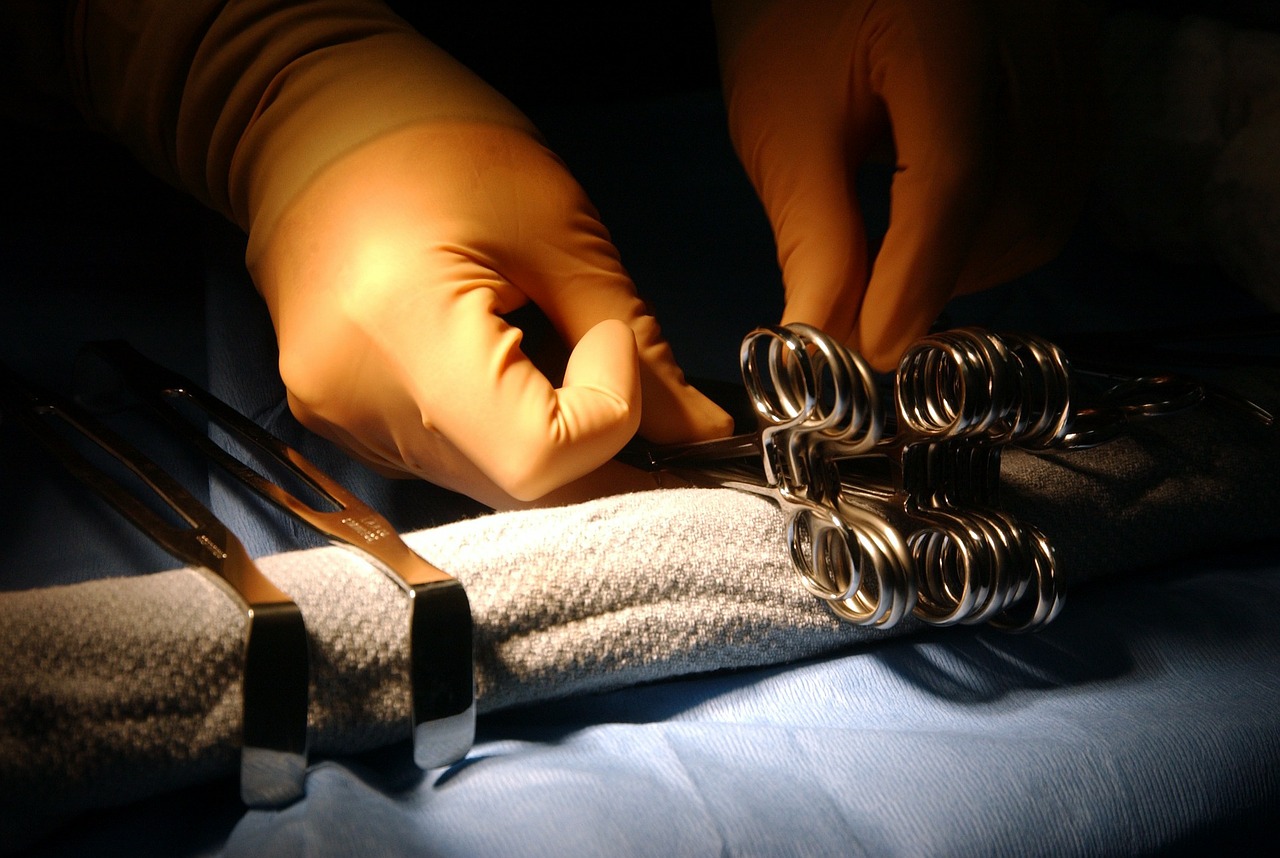A sterile processing technician is a viable career path for people who want to become a vital member of the healthcare industry. The program prepares students to maintain, store, and sterilize medical equipment so that they are free of contamination. A sterile processing technician is generally responsible for:
- Decontamination and sterilization of medical instruments and equipment
- Transporting medical tools
- Ensuring the safety and cleanliness of operating rooms and equipment
A 2017 report from the Bureau of Labor Statistics suggested that the job market for sterile processing technicians is expected to grow by 11% between the 2016-2026 period. This growth rate is faster than the average growth expected for other job markets during the same period.
An education focused on maintenance, storage, and sterilization of medical equipment should lead to certification which will enable a professional to command higher wages. Though, only a handful of states currently require certification, having a certificate from a credible sterile processing technician program can significantly boost your chances of beginning a rewarding career.
If you have made up your mind to become a certified sterile processing technician but are unaware of the costs and details of different programs, this post is for you. Read on to learn about various programs, certification options, requirements, and what it costs to become a sterile processing technician in the following section of the post.
Sterile Processing Technician Programs:
53 colleges and universities in the US offer Sterile Processing Technician programs for the academic year 2018-2019. The tuition and fees of programs vary for state and out-of-state students. The average tuition and fees of the programs at all the schools are $6,196 for state residents and $11,486 for out-of-state residents. The table below lists some of the colleges, their tuition fee, and duration of degree/certification. A detailed comparison of all the schools and colleges can be found here.
|
Name of College |
Duration |
The tuition fee for in-state students |
Tuition fees for out-of-state students |
| College of DuPage | 2-4 years | $4,080 | $9,690 |
| Ivy Tech Community College | 2-4 years | $4,368 | $8,402 |
| Massachusetts Bay Community College | 1 year | $5,088 | $10,032 |
| Baker College | 4 or more years | $9,800 | $9,800 |
Many online programs also provide courses for people who aim to become a certified sterile processing technician. The tuition fees for the online programs range from a few hundred dollars to several thousand dollars, but usually, they offer more affordable options than most of the public and private colleges. Sterileprocessing.org has compiled several online programs with course details that prepare individuals for the SPD exam.
Sterile Processing Technician certification:
Currently, two independent international organizations provide certification to aspiring sterilization technicians. They are the Certification Board for Sterile Processing and Distribution (CBSPD) based in New Jersey and the International Association of Healthcare Central Service Materiel Management (IAHCSMM) in Chicago. Both organizations have their own certification requirements and charge a specific amount of money to take the certification exam.
Though, you can get an SPT job with just a high school diploma or a G.E.D; however, having a certificate will get you a job quickly as more and more states now prefer to hire certified technicians. Once you get certified, you’ll need to obtain continuing education points at regular intervals to renew your certification.
Requirements for CBSPD:
There are four ways to become eligible for an SPD certification.
- Work in a field related to sterile processing technician for a year
- Take the sterile processing technician training course
- Attend a sterile processing-related health program along with working as a technician for six months
- Work in sterile processing services or sales for a year
The certification also requires you to submit proof of your work experience and training program to verify your eligibility.
CBSPD Exam Information:
To obtain the CBSPD sterile processing technician certificate, you need to take a written test. The first step in test preparation is to enroll in a sterile processing program at a school. After preparation, you’ll submit a fixed fee of $125 and take the test at an exam center. The test contains 100 questions, and you will have 2 hours to complete it.
The test covers topics like disinfection procedures, sterilization methods, decontamination tools and processes, handling instruments, inventory management, and medical fundamentals among others.
Requirements for IAHCSMM:
IAHCSMM currently offers two types of certification; full certification and provisional certification. For full certification, you will need to have a minimum of 400 hours (10 weeks) of hands-on experience in a CSD, before applying to the test. This experience should have occurred within the last five years and must be documented. For provisional certification, documentation of the hands-on experience should be submitted to the organization before the six months expiration date. The hours must be broken down into areas of experience mentioned below:
- Decontamination: 120 hours
- Preparing and packaging equipment: 120 hours
- Sterilization and disinfection: 96 hours
- Storage and distribution: 24 hours
- Quality assurance processes: 24 hours
- Equipment: 16 hours
IAHCSMM Exam Information:
The IAHCSMM exam comprises of 150 multiple choice questions which you’ll answer in 3 hours. Cost of the test and the topics it covers are similar to the CBSPD exam.
The bottom line:
There are two types of SPT certification – CBSPD and IAHCSMM. While the certification exam costs only $125, preparation in a technical school or college can cost you from a few hundred to several thousand dollars.


